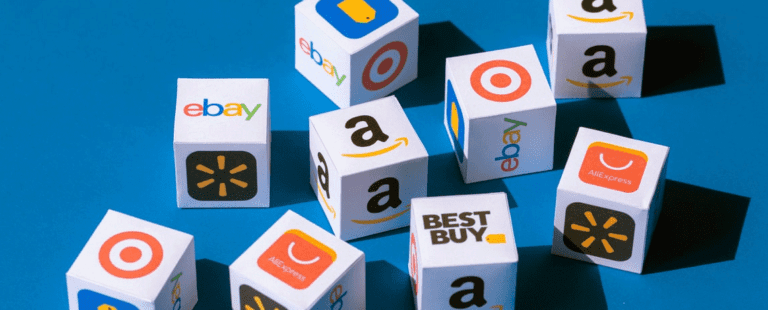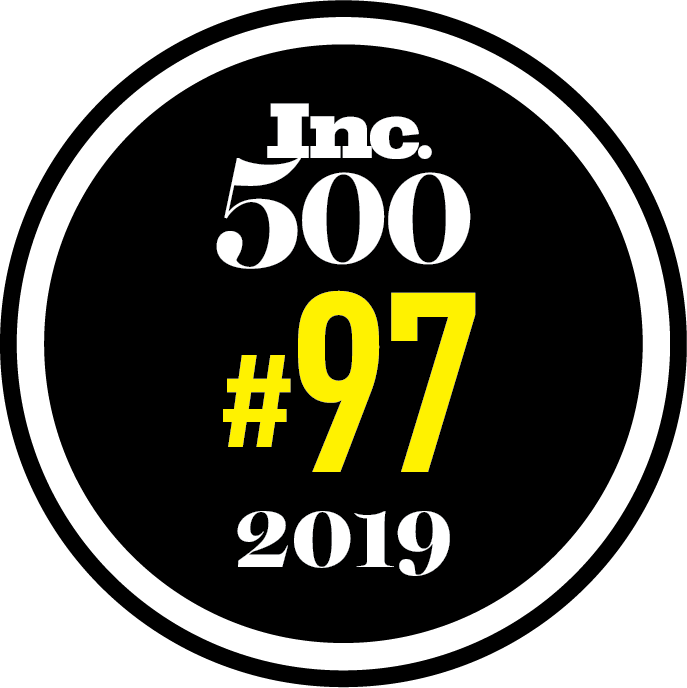Online sellers often turn to marketplaces to expand their business as consumers flock to marketplaces like Amazon, eBay, Jet, Walmart and more for their wide range of products, affordable prices, and easy shipping processes.
For third-party sellers, especially small vendors, marketplaces represent the opportunity to reach a captivated audience among an otherwise competitive online landscape. A marketplace account is easy to set up and doesn’t require a large upfront investment to list and sell your items.
Because of their convenience and success, there are a multitude of marketplaces available to connect sellers and consumers across the globe. Merchants can choose from well-known marketplaces like Taobo and Amazon to niche marketplaces like Etsy and Poshmark. The challenge for businesses is choosing which marketplaces to sell on. Our guide can help you decide which marketplaces are best for your business.
How to Choose the Right Online Marketplaces to Sell On
Use the criteria below to help narrow down your choices. It’s about choosing the marketplaces that’s the best fit for your products and the customers you’re trying to reach.
B2C vs B2B Online Marketplaces
Do you primarily sell to B2C or B2B customers? There are networks of marketplaces that better serve each group. A B2B marketplace will have different listing and account management features to handle the complex requirements of B2B selling.
Products
What types of products do you sell? Each marketplace will carry their own line of products and services. They will even have rules or regulations for the types of products you’re allowed to sell on their platform. For example, I once spoke with a retailer who specifically sold on Newegg in order to sell medical syringes because other marketplaces like Amazon didn’t allow it.
While there are many marketplaces that sell a wide assortment of products like Amazon and Alibaba, there have been a multitude of niche marketplaces to pop up over the years. These niche marketplaces serve a more curated list of products and services for consumers to choose from. While they may not boast as big of audiences and memberships, these marketplaces are sure to connect you with shoppers looking for your products.
Popular examples of niche marketplaces include Etsy for handmade goods, Poshmark for used fashion, and Newegg for electronics. Over the past few years, niche marketplaces are even pushing the boundaries by going beyond products. There are now marketplace platforms for resale, rentals, and booking services like house cleaners and handymen.
You’ll want to research where products like yours may or may not be already selling to help you decide where you should invest.
Fees
For each platform, evaluate the costs of listing your products. Each marketplace will have their own cost structures in place so it’s important to understand what the cost of selling is. At the end of the day, you do want to be profitable.
You should also look at what services they provide for shipping. For example, Amazon is famous for their Fulfillment by Amazon (FBA) program, but it’s something that you have to decide if it’s worth the cost.
(If you need financing options to support your online business, take a look at Payability, which gives marketplace sellers two options to secure a reliable source of cash to run their online business.)
Customer Location
Where do your target customers live? Pay attention to which markets that each marketplace serves. Amazon and eBay might serve your U.S. audiences well while Alibaba and Rakuten better reach Asian markets. Different geographic locations have their own well-known marketplaces that you’ll want to consider.
Competition
In some ways, marketplaces help you stay ahead of online competition. Most shopper start their research on an online marketplace, so you’ll get visibility over others. Also, marketplaces are hassle free in that you don’t have to build or maintain a storefront like an eCommerce platform. You don’t have to worry about building clean product pages from the ground up, tweaking the checkout process, PCI compliance and more. If the marketplace has a good customer experience, then you get to take advantage of that.
On the other hand, marketplaces feature hundreds of other vendors that could be selling similar products to you. You’ll have to pay close attention to price, consistent and complete product listings, and more to ensure your products are chosen. For example, Amazon buyers put a lot of effort into understanding how to win the Amazon Buy Box for their products because it ensures a significant boost in sales.
If you know who your competitors are, research what marketplaces they’re selling on and their prices. This should help you determine if you want to go head-to-head with them on a popular marketplace or if you should consider a niche marketplace where they aren’t selling yet.
Top B2C and B2B Marketplaces to Sell On
Now that you have a better idea of what to consider when comparing marketplaces, take a look at some of the leading options out there for B2C and B2B sellers.
Top B2C Marketplaces
- Amazon – Largest marketplace in U.S and serves as a global marketplace
- Rakuten – Called the “Amazon of Japan”
- eBay – Auction-style selling for new and used goods
- Walmart – Sell to over 110 million Walmart buyers
- Etsy – Homemade goods
- Ruby Lane – Vintage goods
- Newegg – Electronics
- Tophatter – Niche marketplace for electronics, gifts, collectables, etc
Top B2B Marketplaces
- Alibaba – Chinese-company that serves millions of buyers and suppliers globally.
- ThomasNet – Leading online platform for B2B seller discovery and product sourcing with over 500,000 suppliers on its platform.
- IndiaMart – India’s largest B2B marketplace with over 3.5 buyers and a selling model similar to Alibaba.
- eWorldTrade – This US-based platform is the world’s fastest growing B2B portal and services more than 220 countries.
- TradeIndia – India’s second largest marketplace with over 3 million registered users.
- EC21 – Established in Korea and operates three different marketplaces for China, Korea, and globally. It has over 2 million members, 7 million products, and 3.5 million buyers.
- DHGate – Online marketplace for wholesale consumer products with about 1.2 million sellers globally and 10 million buyers.
- Amazon Business – Specific B2B portal for Professional Sellers to reach business customers on Amazon.
- FGM Vendors – Online wholesale marketplaces that operates like an online trade show.
- Wholesale Central – Largest wholesale directory of active wholesalers and wholesale products since 1996.
- Joor – Largest wholesale marketplace for fashion with 155,000 retailers and 1,500 brands,
- Field Engineer – An example of a niche B2B marketplace that solely focuses on helping businesses find and hire Telecom engineers.
- Global Sources – A B2B media company that is a primary facilitator of trade with Greater China using English-language media. They have more than 1.5 million international buyers.
- Globartis – A growing B2B marketplace focused on the European market, Globartis is a bit different from the likes of Alibaba, because businesses do not trade a single item but engage to establish long-term partnerships.
Getting Started on a New Marketplace
The good news is that you don’t have to choose only one marketplace to sell on! It’s easy to try out new marketplaces when it only takes a few minutes to set up an account. If it doesn’t work out, it’s not a hassle to remove your products and try somewhere else.
When choosing which marketplaces to try first, it comes to understanding who your customers are and what products you sell. Which marketplaces can you verify that your customers are buying from? From there, it’s a matter of understanding their selling rules and costs structures.
About nChannel: nChannel empowers retailers, wholesalers and technologists with integration tools to sync data and automate processes between their eCommerce, ERP, POS and 3PL systems from inventory synchronization and order fulfillment to supply chain management.
Improve your cash flow today
Apply to get daily payments and capital for your growing business in as fast as one business day. No credit checks or external documents required.
Need more information? Call us at (646) 494-8675 or email sales@payability.com


